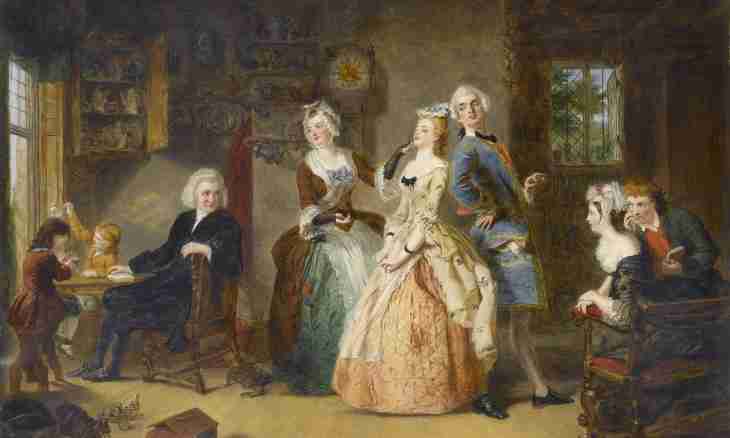Development of science in the age of Enlightenment - in the 18th century - became a key milestone in the history of a human civilization. Having released from under oppression of religion, new breath was received by natural, philosophical and social sciences.
Instruction
1. In the 18th century, in the age of Enlightenment, in society there was a refusal of the religious outlook dictated by Christian doctrines and the appeal to reason as to the only source of knowledge of the person, society and the world around. The official science was exempted from burdensome need of a binding to bible canons. Scientists became separate, dear class of people. And for the first time in the history of a civilization the question of practical use of scientific knowledge for the benefit of human society was raised.
2. Scientists of new type were also popular writers of science, seeking to extend knowledge which should not have caused more superstitious fear therefore should not have been exclusive possession only of small group devoted and exclusive. Diderot's edition in 1751 — 1780 to the "Encyclopedia" containing 35 volumes became the culmination of similar aspiration of scientists of the 18th century. It was the most large-scale, significant and successful educational project 18 of a century. Work collected everything knowledge accumulated by that moment by mankind. In it all phenomena of the world, society, sciences, the equipment, craft, daily things investigated at that time were explained by available language. It is necessary to consider also that the encyclopedia by Diderot was not unique even if it one and became such well-known. Other editions became her predecessors. For example, in England in 1728 Efraim Chambers published two-volume Tsiklopediya (in Greek it meant "circular training"). In Germany Johan Tsedler in 1731 — 1754 published the "Big universal lexicon" containing 68 volumes. It was the biggest encyclopedia of the 18th century.
3. The science becomes a subject of public discussions in which even those who traditionally for years of Christian patriarchy were separated from study — women could participate now. There were even specially published books calculated on them (so in 1737 there is a book "Newtonianizm for Ladies" under Francesco Algarotti's authorship, various historical essays by David Hume and many others).
4. Latin finally lost the status of the international language of science. Instead of it French comes. Only usual, unscientific literature is written in national languages.
5. The science in the 18th century sought to find natural mechanisms of human life (natural order of economic life, the natural right, natural religion, etc.) by means of human mind. Therefore in terms of the natural beginnings all relations (positive law, positive religion, etc.) which developed historically and existing actually were exposed to criticism.

